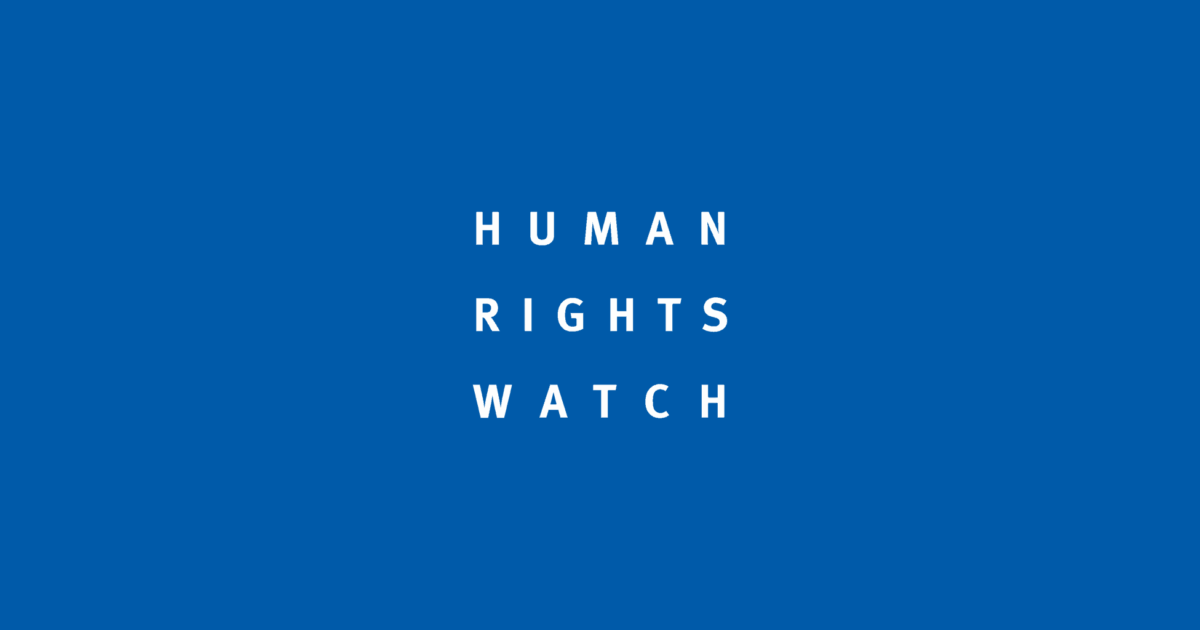Colombia
Colombia
Current and Past Recommendations to the UN Security Council (Monthly Action Points)
In its discussion of the forthcoming Secretary-General’s report and review of the mandate of the UN Verification Mission in Colombia, the Council should examine progress on the security guarantees and protection efforts, including collective security protocols, for women community leaders, women human rights defenders (HRDs), and women and girls who are former combatants or formerly associated with FARC. Any briefings and reports should include information on the ways in which the Mission and the Government are upholding and funding commitments under the Ethnic Chapter while assisting Afro-descendant and Indigenous organizations. Discussions should particularly mention establishing and maintaining community-based, gender-responsive protection and early warning response systems to address the presence of new armed actors and violence in territories formerly under the control of FARC. Furthermore, security guarantees that protect and safeguard community leaders and former combatants are crucial when considering the rise of armed violence in the country, and the killings of HRDs. The Council should extend the Mission’s presence in the country to provide age and gender-sensitive reintegration and reincorporation support; specifically, socioeconomic guarantees and income generation projects, women’s acquisition of land and access to education and health services, which encompass sexual and reproductive health care that is inclusive of pregnant and lactating women and girls living in Territorial Training and Reincorporation Spaces (ETCR). All reincorporation initiatives at individual and collective levels, including reconciliation activities with civilians living near the ETCR, should utilize sex and age-disaggregated data, and be designed, implemented, and monitored through regular and inclusive consultation with women and girls formerly associated with armed groups and women’s organizations, particularly after the approval of the eight-year reintegration policy. Further, the Colombian Government should continue to support the former fighters’ reincorporation into civilian life, both at individual and collective levels, and strengthen Colombia’s economic and political absorption capacity as well as reconciliation efforts, which are key for sustainable and long-lasting peace.
The uncontrolled proliferation of illicit small arms and light weapons continues to destabilize certain areas of the country as well as increase women’s insecurity and gender-based violence. The Council should also measure progress on the extent to which efforts to surrender arms and disarm have been successful in improving the safety and security of rural women and girls, and the LGBTI community, given the disproportionate impact the proliferation of weapons has on those groups. In this context, the Council should call on the Colombian Government to update and strengthen arms control regulations and permits in order to ensure that arms are not used to commit or facilitate human rights violations against women, including moving all political efforts for the ratification of the Arms Trade Treaty (ATT). Finally, the Council should keep monitoring the advancement of risky or dangerous modifications to the Peace Agreement, particularly in the Special Jurisdiction for Peace, and request regular information regarding local-level implementation to ensure that women and ethnic minority groups are included in reparation and reconstruction measures.
In its discussion of the forthcoming Secretary-General’s report and review of the mandate of the UN Verification Mission in Colombia, the Council should examine progress on the security guarantees and protection efforts, including collective security protocols, for women community leaders, women human rights defenders (HRDs), and women and girls who are former combatants or formerly associated with FARC. Any briefings and reports should include information on the ways in which the Mission and the Government are upholding and funding commitments under the Ethnic Chapter while assisting Afro-descendant and Indigenous organizations. Discussions should particularly mention establishing and maintaining community-based, gender-responsive protection and early warning response systems to address the presence of new armed actors and violence in territories formerly under the control of FARC. Furthermore, security guarantees that protect and safeguard community leaders and former combatants are crucial when considering the rise of armed violence in the country, and the killings of HRDs. The Council should extend the Mission’s presence in the country to provide age and gender-sensitive reintegration and reincorporation support; specifically, socioeconomic guarantees and income generation projects, women’s acquisition of land and access to education and health services, which encompass sexual and reproductive health care that is inclusive of pregnant and lactating women and girls living in Territorial Training and Reincorporation Spaces (ETCR). All reincorporation initiatives at individual and collective levels, including reconciliation activities with civilians living near the ETCR, should utilize sex and age-disaggregated data, and be designed, implemented, and monitored through regular and inclusive consultation with women and girls formerly associated with armed groups and women’s organizations, particularly after the approval of the eight-year reintegration policy. Further, the Colombian Government should continue to support the former fighters’ reincorporation into civilian life, both at individual and collective levels, and strengthen Colombia’s economic and political absorption capacity as well as reconciliation efforts, which are key for sustainable and long-lasting peace.
The uncontrolled proliferation of illicit small arms and light weapons continues to destabilize certain areas of the country as well as increase women’s insecurity and gender-based violence. The Council should also measure progress on the extent to which efforts to surrender arms and disarm have been successful in improving the safety and security of rural women and girls, and the LGBTI community, given the disproportionate impact the proliferation of weapons has on those groups. In this context, the Council should call on the Colombian Government to update and strengthen arms control regulations and permits in order to ensure that arms are not used to commit or facilitate human rights violations against women, including moving all political efforts for the ratification of the Arms Trade Treaty (ATT). Finally, the Council should keep monitoring the advancement of risky or dangerous modifications to the Peace Agreement, particularly in the Special Jurisdiction for Peace, and request regular information regarding local-level implementation to ensure that women and ethnic minority groups are included in reparation and reconstruction measures.
Relevant Resources




